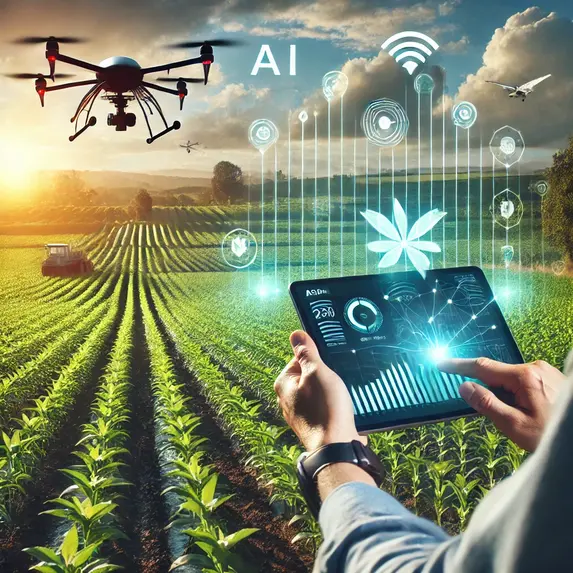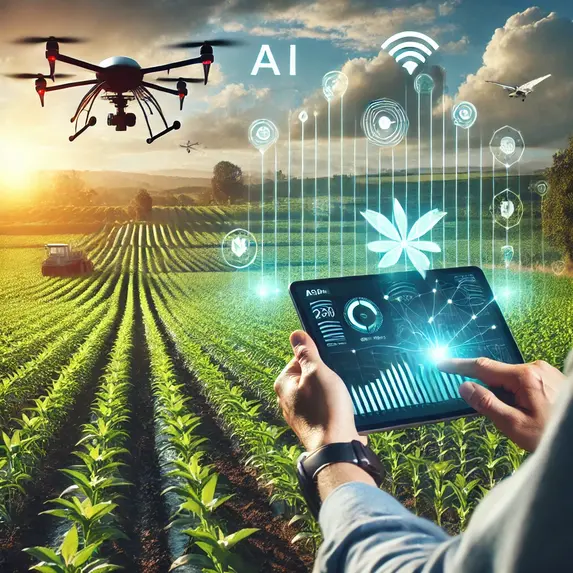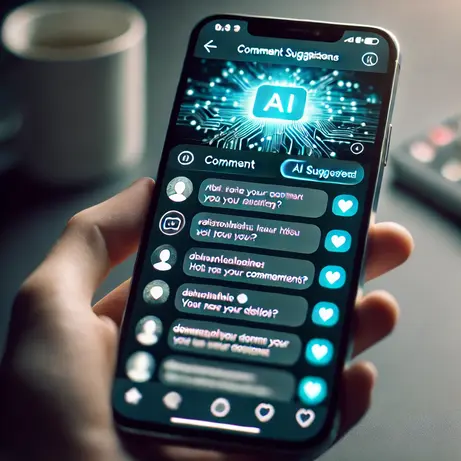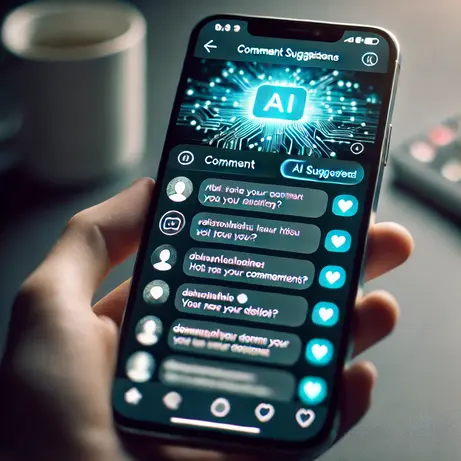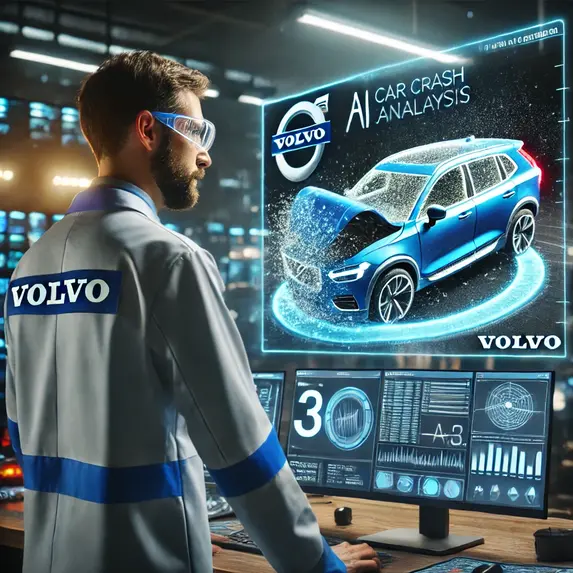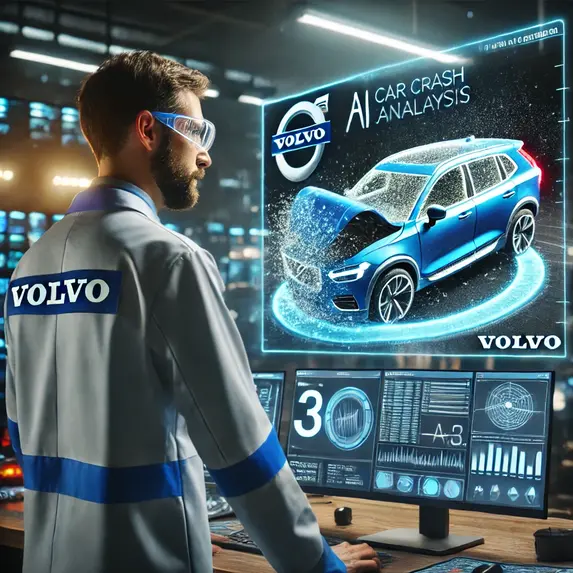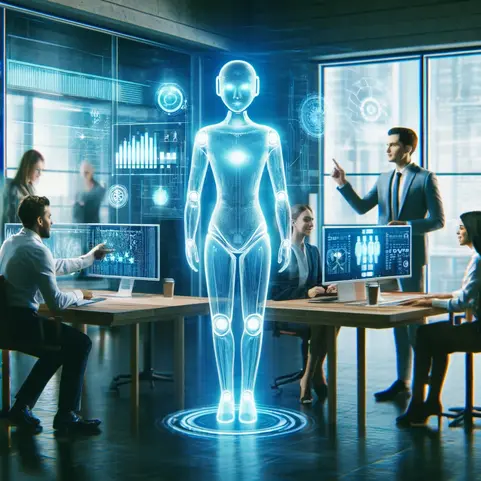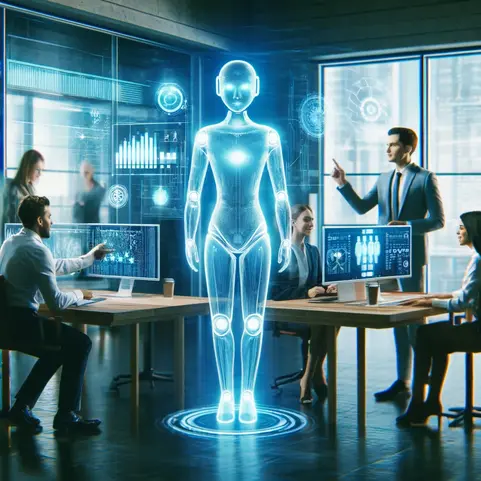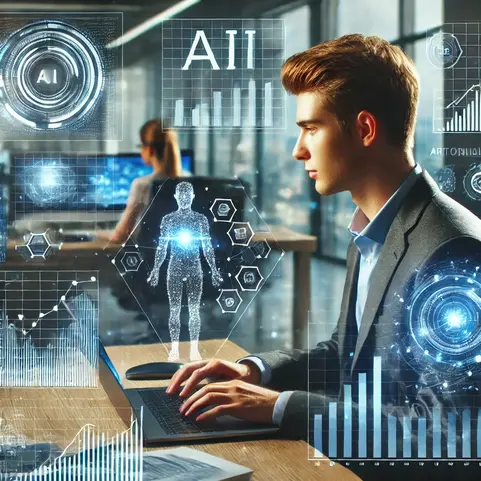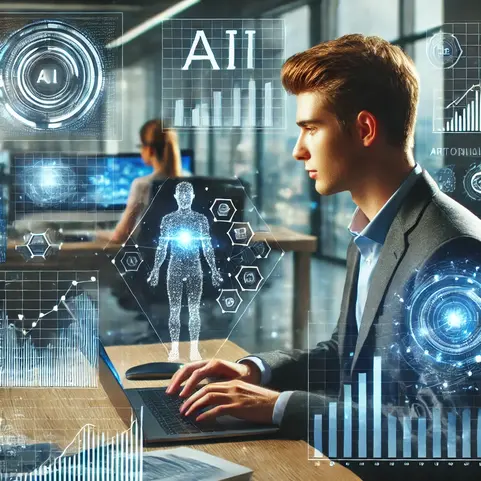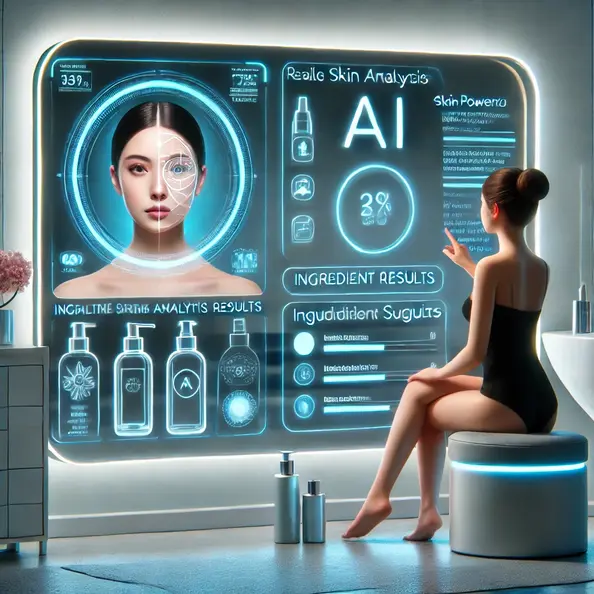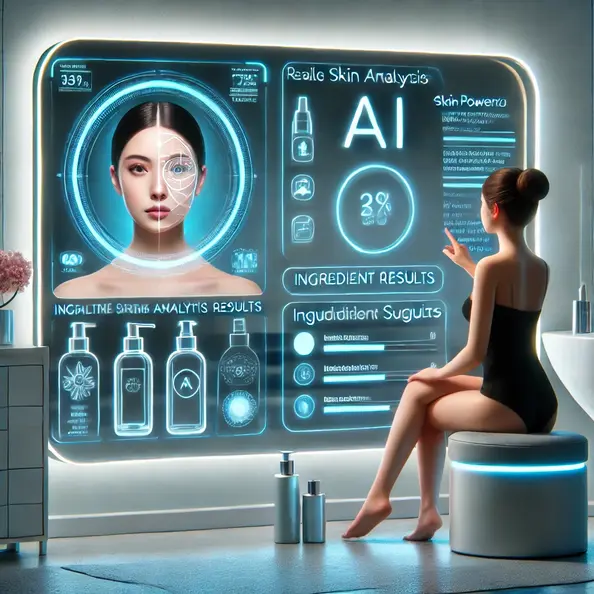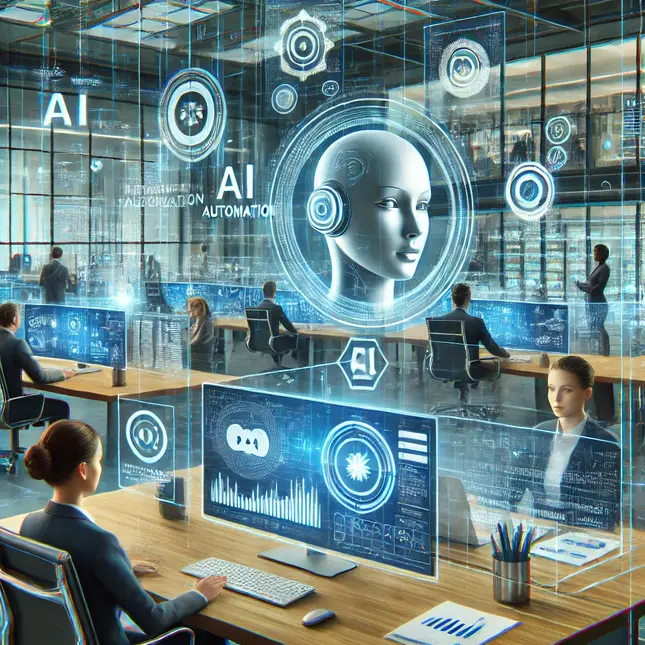
As businesses embrace digital transformation, the need for intelligent automation has never been greater. Agentic AI introduces a new paradigm of automation, where AI agents actively participate in decision-making rather than simply executing predefined commands. This evolution holds immense potential for revolutionizing industries such as finance, healthcare, manufacturing, customer service, and supply chain management, making processes smarter, faster, and more responsive to real-time challenges.
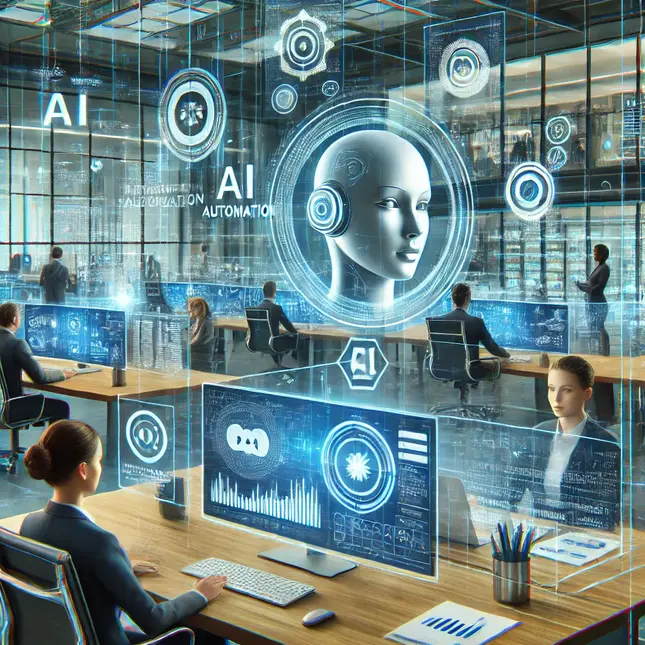
What Is Agentic AI?
Agentic AI refers to AI-powered digital agents that can autonomously make decisions and take actions based on environmental cues, objectives, and real-time data. Unlike traditional AI, which relies on human input for task execution, Agentic AI functions independently within workflows, continuously learning and adapting to new information.
Key Features of Agentic AI:
- Autonomous Decision-Making – AI agents analyze situations, make strategic choices, and execute tasks without human intervention.
- Context Awareness – These AI systems interpret real-time data, user intent, and workflow dynamics to make informed decisions.
- Adaptive Learning – They improve over time by learning from experiences and refining their decision-making processes.
- Multi-Step Task Execution – Unlike simple automation, Agentic AI can plan and execute multiple interconnected tasks dynamically.
- Human-AI Collaboration – It seamlessly integrates with human workflows, augmenting productivity rather than replacing human workers.
Real-World Applications of Agentic AI
1. Revolutionizing Customer Support
Customer service has evolved significantly with AI chatbots, but Agentic AI takes it a step further by allowing chatbots to autonomously resolve customer queries, escalate issues when necessary, and even predict customer concerns based on previous interactions. This reduces wait times and enhances customer satisfaction.
2. Smart Supply Chain & Logistics
In industries like e-commerce and manufacturing, Agentic AI can optimize inventory management, predict demand fluctuations, and ensure just-in-time delivery. These AI-driven systems can monitor supply chain disruptions and autonomously reroute shipments or adjust orders to maintain efficiency.
3. AI-Driven Finance & Risk Management
Financial institutions are leveraging Agentic AI to detect fraud, optimize investment portfolios, and automate risk assessments. These AI agents can analyze real-time financial data, identify anomalies, and make risk-mitigating decisions instantly.
4. Healthcare & Medical Diagnosis
In healthcare, Agentic AI can assist doctors by autonomously analyzing medical reports, suggesting treatment plans, and even monitoring patient progress in real time. This innovation enables faster diagnoses, improved patient outcomes, and reduced medical errors.
5. Automating HR & Recruitment
HR teams are using Agentic AI to screen resumes, schedule interviews, and even assess candidate suitability based on advanced AI-driven analytics. This enhances hiring efficiency and ensures companies recruit the best talent quickly.
Advantages of Agentic AI in the Workplace
1. Increased Productivity & Efficiency
By handling repetitive and time-consuming tasks, Agentic AI frees up employees to focus on high-value strategic work, leading to overall productivity gains.
2. Enhanced Decision-Making
With its ability to process vast amounts of data in real time, Agentic AI ensures that decisions are accurate, data-driven, and optimized for the best outcomes.
3. Cost Reduction & Operational Savings
Automating complex workflows reduces the need for manual labor, thereby cutting down operational costs while maintaining efficiency.
4. Scalability & Business Growth
Organizations can scale operations seamlessly without a proportional increase in workforce, making it easier to expand and enter new markets.
5. Reduced Human Errors
AI-driven automation minimizes human errors in financial calculations, data analysis, and workflow execution, leading to higher accuracy and fewer mistakes.
Challenges & Ethical Concerns of Agentic AI
Despite its benefits, the widespread adoption of Agentic AI comes with ethical, technical, and workforce-related challenges:
- Workforce Displacement – As AI takes over routine tasks, concerns about job losses and the need for workforce reskilling arise.
- Bias in AI Decision-Making – If AI models are trained on biased data, they may exhibit unfair or discriminatory behavior, leading to ethical concerns.
- Data Privacy & Security Risks – AI systems handle vast amounts of sensitive data, making cybersecurity and privacy protection critical.
- Integration Challenges – Implementing Agentic AI within legacy systems and existing business infrastructures can be complex and require significant investment.
- Accountability & Governance – When AI makes independent decisions, questions arise about who is responsible for mistakes or unintended consequences.
The Future of Agentic AI in Workplace Automation
As Agentic AI continues to evolve, its role in workplace automation will expand across industries. Future developments may include:
- Advanced AI Collaboration – AI agents will work seamlessly with humans, understanding complex business needs and dynamically adjusting to them.
- Greater Interconnectivity – AI systems will integrate across industries, enabling real-time coordination between businesses, suppliers, and consumers.
- Ethical AI Governance – Stricter regulations and AI ethics guidelines will ensure responsible AI deployment while maintaining transparency.
- AI-Augmented Creativity – Beyond automation, AI may contribute to creative fields like design, marketing, and content generation, further enhancing human creativity.
Organizations that embrace Agentic AI early and prepare their workforce for AI-driven collaboration will have a significant competitive advantage in the future workplace.
Conclusion: A Paradigm Shift in Work & Productivity
Agentic AI represents the next major evolution in AI-driven workplace automation, enabling businesses to streamline operations, enhance decision-making, and achieve new levels of efficiency. While challenges such as ethical considerations, workforce impact, and data privacy remain, the potential benefits far outweigh the risks.
As companies continue to integrate Agentic AI-powered systems, the workplace will undergo a transformation where humans and AI work in tandem to drive innovation, productivity, and business growth. The key to success lies in balancing automation with human expertise while ensuring ethical and responsible AI deployment.
Sources-
https://opentools.ai/news/agentic-ai-revolutionizing-jobs-and-redefining-the-workplace
